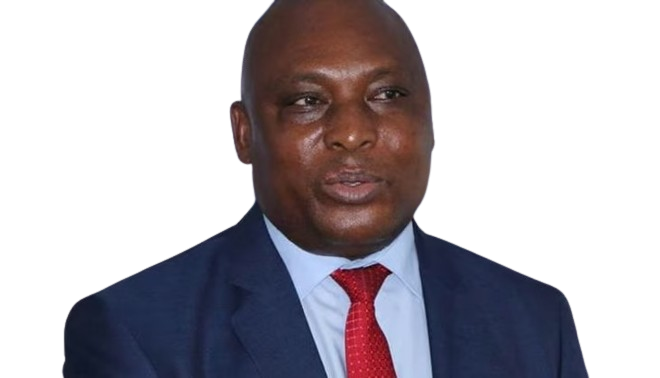
THE manner in which the government introduced the new currency, Zimbabwe Gold (ZiG), is proof that little or nothing has been learnt from previous similar experiences. Zimbabweans are still traumatised by the destruction of wealth that was caused by five other attempts to rein in galloping inflation including the introduction of bearer cheques and bond notes.
At the time of writing the black market was setting the pace, which is partly a reflection of the public’s mistrust of government. A course correction, in communication and confidence building measures, is required to avoid further currency weakening.
To assuage the traumatised public all tools of moral suasion should have been deployed to get buy-in from all stakeholders before and after the launch. Pointing out that ZiG is backed by gold does not explain why bond notes that were supposedly backed by a US$200 million Afreximbank bond facility failed dismally.
The recent threats made by government officials, betray lack of faith in gold’s ability to back the new currency. Force, a trusted weapon, is being summoned to back ZiG. The arrest of black-market currency dealers is proof that there is a chink in this strategy. It does not help that there is suspicion that currency traders represent the politically connected.
The one element that has sustained money since ancient times is trust. From the days when human beings used cowrie shells, then grain and livestock in exchange for goods and services, trust has been the bedrock upon which money stands.
Money, as Yuval Noah Harari (Sapiens) and Jacob Goldstein (Money) argue in their books, is a fiction whose value is sustained by our common imagination. “In other words, money isn’t a material reality — it is a psychological construct,” argues Harari in his seminal book.
Harari continues: “Money is not coins and bank notes. Money is anything that people are willing to use in order to represent systematically the value of other things for the purpose of exchanging goods and services.”
Only 8% of the world’s money exists in notes and coins. The bulk of it exists only in computer servers. It is trust that binds this fiction together.
- Caledonia lays out Bilboes revival plan
- Letter from America: Gold Mafia: Zim government should rethink its policies!
- So, is it a currency?
- Will gold tokenisation work?
Keep Reading
For this social construct and fiction to hold all stakeholders must willingly go along. The fiction is sustained by general consent and never by decree.
In our environment where confidence in government is non-existent trust is actually a currency. Since the launch of ZiG both the RBZ and government have done little to promote this currency. For instance, ZiG notes and coins came into circulation on Tuesday April 30, and yet no visible promotion had been rolled out. Persuading people accustomed to using the greenback to adopt a local currency after dollarisation is a Herculean task.
International Monetary Fund data indicates that there have only been two countries that have successfully de-dollarised, namely Israel and Poland.
Zimbabwe is following the script of all countries that failed to de-dollarise, namely, “administrative enforcements without fully restoring confidence in the local currency or eliminating the underlying instability that led to dollarisation in the first place.”
The trust chasm between the government and the public is humongous largely because of government’s dismal track record. There are other questions that have layered this mistrust, namely the elephant in the room pointed out by ex-RBZ governor Gideon Gono.
The RBZ has no autonomy and it is hard to dismiss the suspicion that the President has unfettered access to national coffers. Chris Mutsvangwa’s allegation that gold was stolen from RBZ vaults during the late former President Robert Mugabe’s era was inopportune.
Having the President’s son as deputy Finance minister erodes public trust. The RBZ Act says the “governor is appointed by the President after consultation with the minister.” The optics are just not right.
Also, the statutory instruments recently enacted to shield parastatals from public scrutiny undermine public trust in our financial governance.
To show full confidence in ZiG all government departments, including local government should conduct transactions in the local currency. Taxes should also be paid 100% in ZiG.
It is impossible to overstate the importance of a stable local currency to undergird a vibrant economy, sovereignty and national pride. It is crucial that ZiG earns public trust and be widely used. For this to happen, government and the central bank must solicit public trust through their words and actions.
- Trevor Ncube is the chairman of Alpha Media Holdings and the host of In Conversation With Trevor YouTube.com//InConversationWithTrevor











